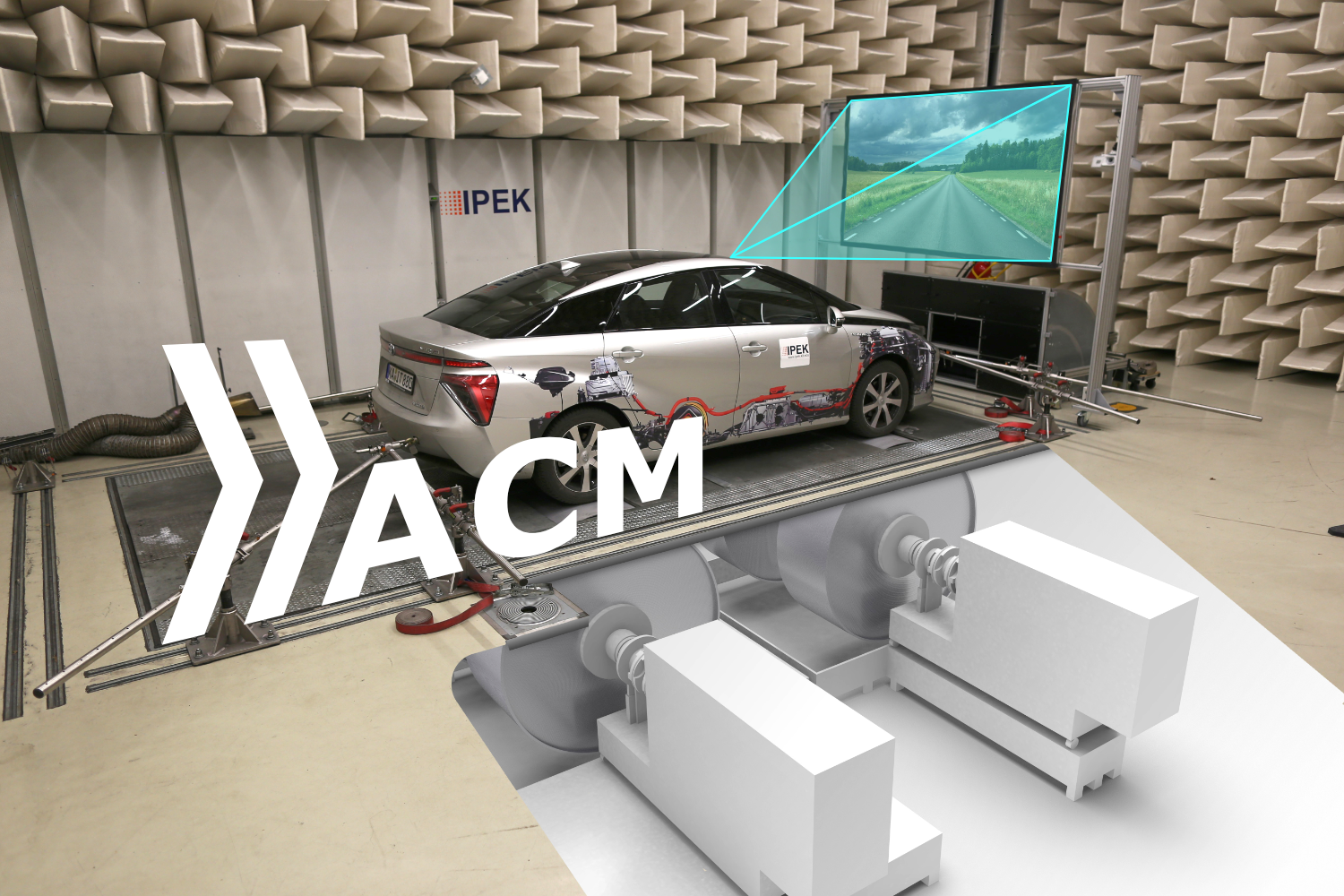Systematic Market Research for an Open Automated Research Vehicle Platform
- Subject:Autonomous Driving, Automated Mobility, Market Analysis, Validation, Vehicle Platform
- Type:Bachelor-/Masterarbeit
- Tutor:

Motivation
At IPEK, we are developing innovative approaches for validating and integrating driver assistance and vehicle automation technologies. To support this research, we require a highly adaptable and transparent vehicle platform that can be used both in a Vehicle-in-the-Loop (ViL) setup on a dynamometer test bench and for broader research activities.
Given the growing number of commercial research vehicles available - each offering different levels of openness, modularity, and system integration - a structured analysis is essential to identify a platform that meets all technical, scientific, and infrastructural requirements.
Tasks
The goal of this thesis is to conduct a comprehensive market analysis and evaluation of available automated research vehicle platforms.
Your work will include:
-
Requirements analysis: Identify and structure the technical needs of the dynamometer test bench and the ACM research group (e.g., open vehicle architecture, control interfaces, sensor integration).
-
Market research: Conduct a systematic review of commercial research vehicle platforms.
-
Definition of evaluation criteria: Develop criteria such as software/hardware openness, flexibility, expandability, documentation quality, compatibility, and available support.
-
Platform comparison and evaluation: Assess the identified platforms based on the defined criteria.
-
Integration feasibility: Analyze compatibility with the existing test bench infrastructure, including interface and control requirements.
-
Purchase recommendation: Develop a clear, well-founded recommendation for the most suitable vehicle platform.
-
Documentation and presentation: Summarize findings in a structured report and present your recommendation to the research team.
Your profile
- Current studies in Industrial Engineering, Business Informatics, Mechanical Engineering, or a related field
- Strong interest in technology and market analysis in the automotive and research sectors
- Basic knowledge of autonomous driving, sensor technology, or vehicle architectures is beneficial
- Analytical mindset and the ability to clearly structure and communicate complex technical and strategic information
- Good German skills (many product specifications and technical documents are in German)
We offer
- Involvement in a strategically important research project with long-term impact
- First-hand insights into the research landscape of autonomous vehicles
- Opportunity to influence procurement decisions at the institute
- Skill development in vehicle technology, system evaluation, and scientific reporting
- Chance to present your work in a technical talk or scientific publication
Earliest starting date: Immediately
Interested? Please submit your application with a CV and grade overview to anian.scheibel∂kit.edu
